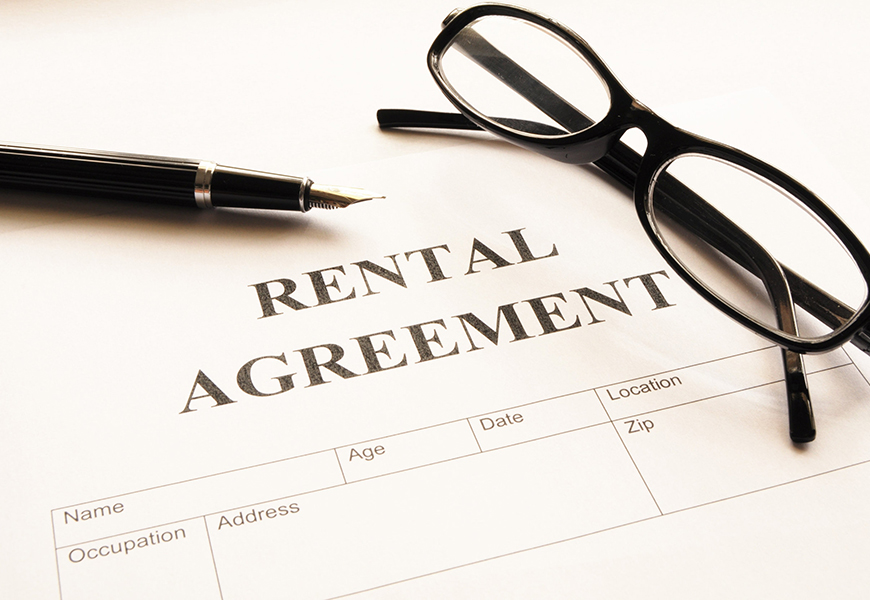
Documentation is an essential part of managing rental properties. You need documents for tax purposes, but there is more than that. A tenant could take legal action against you, or you might need to take legal action against a tenant. That is why there are many rental documents landlords should keep.
It isn’t just about litigation and taxes. Having the correct documents can be a way to ease relations between management and tenants. Various documents can also make it easier to manage the business.
With this two-part post, we will cover documents landlords should keep.
Rental Documents Landlords Should Keep
Rental Agreements
Landlords need to keep original rental agreements. These documents outline the rights of tenants and the obligations of management. It is not enough to keep these agreements while they are active; you should keep them for a while afterward. Even if tenants sign new leases or move out, they could be relevant if there is legal action against you.
Tenant Applications
The rental application is the first step in vetting tenants. Some landlords might make the mistake of believing they are not relevant after this step in the process. However, a person might decide to sue if they think you disqualified them illegally. You will need tenant applications to protect against legal liability in this situation.
Screening Documents
Documents for tenant screening may also be relevant. The first thing you should do is create and document the screening criteria. If there is an issue, you can show candidates the criteria and how it applies. Beyond that, document the calls you make to references. You should also keep any documents from background checks you run on prospective tenants.
Lease Renewal Documents
There will come a time when you need tenants to renew their leases. Keeping these documents on hand can ease the process. Make sure the renewal forms outline any changes to the lease agreement. Landlords should also deliver the new agreement at least 90 days before the existing lease expires.
Tenant Communications
Landlords should maintain all formal communications with tenants, from the first contact as a prospective tenant to the end of their tenancy. That means you need to keep all text messages and email threads. You could even document and take notes on phone communications. If you send out broad communications like letters to all tenants, you should keep that.
Having the proper documentation can make a big difference for rental businesses. Check out part two to learn more about the documents you should keep as a landlord.
Are you considering hiring a property manager for your investments in the New Orleans area? We’d love to help you! Please click here for our contact page, and we’ll reach out to you promptly.
Would you like to see more great info from RedFish Property Management? Please click here for our blog page.
Thanks for visiting!




